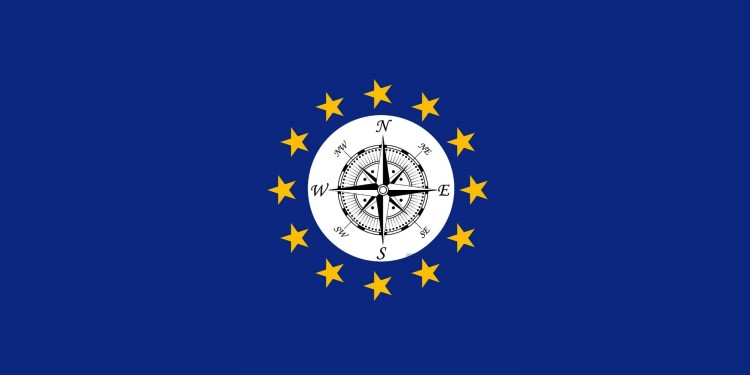EUROMIL welcomes the EU’s Strategic Compass for Security and Defence
EUROMIL welcomes the first draft of the Strategic Compass for security and defence. The Compass is aiming at providing a common strategic vision and guidelines to the Member States to become more able and capable in anticipating threats as hybrid, cyber-attacks and climate change.
According to the latest information, the Compass evolves around four main actions; Act, Secure, Invest, and Partner. More precisely, the EU needs to be able to act rapidly whenever a crisis erupts, by advancing its capabilities to anticipate threats, and investing into capacity building to fill strategic gaps and reduce technological dependencies. The strengthening of European cooperation in developing, delivering and utilizing capabilities will also be based upon the existing EU defence initiatives and tools as the Permanent Structured Cooperation (PESCO) or the European Defence Fund (EDF).
Furthermore, – and congruent with the Strategic Compass – the EU should deepen its cooperation with international and regional organizations, as well as with third states, and thus be able to act autonomously when needed and also with partners when possible. Concerning NATO, the upcoming EU-NATO joint declaration will provide the basis for a renewed and reinforced transatlantic cooperation.
Furthermore, one important element of the Strategic Compass is the creation of a “Rapid Deployment Capacity” through which the EU would become able to respond quickly and more robust to crises. The Force will consist with up to 5.000 troops and shall be fully operational by 2025. However, in order for the Force to be deployable by then, the Member States will have to agree on scenarios in which the Rapid Reaction Force will be used by the end of 2022, and will begin common training and exercises by 2023, to boost interoperability between the Armed Forces.
Undoubtedly, by having synchronised and interoperable Armed Forces, military personnel is able to work more and better together in the best possible conditions. It should nonetheless be acknowledged that more should be done to not only harmonise capabilities but also synchronise working conditions for military personnel. For instance, military personnel should all have equal/comparable wages, insurances and medical treatments, funded by the EU budget, to increase solidarity and motivation.
Overall, EUROMIL welcomed the advancement that the Strategic Compass brings to the EU common security and defence policy, but military personnel’s social and labour rights ought to be protected. As EUROMIL’s President – Mr Emmanuel Jacob- states: “Once again the EU developments in security and defence show a strong will in synchronizing procedures and working together when it comes to structures and materials. Unfortunately, as has already happened with the dozens of PESCO projects, no attention is paid to the men and women without whom all these projects and decisions would have been impossible: the European military personnel. It is high time our governments understood that security also has a social dimension”.

